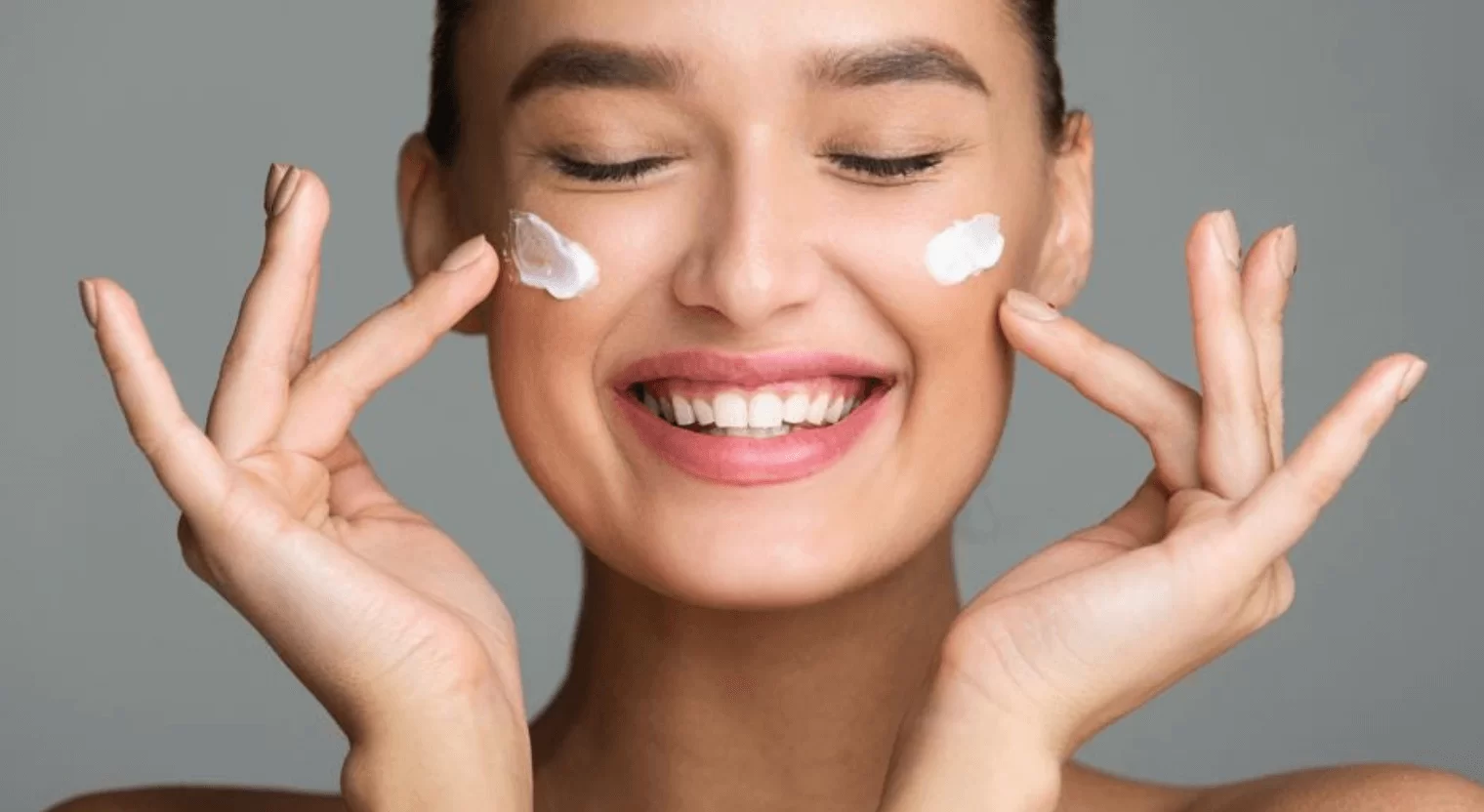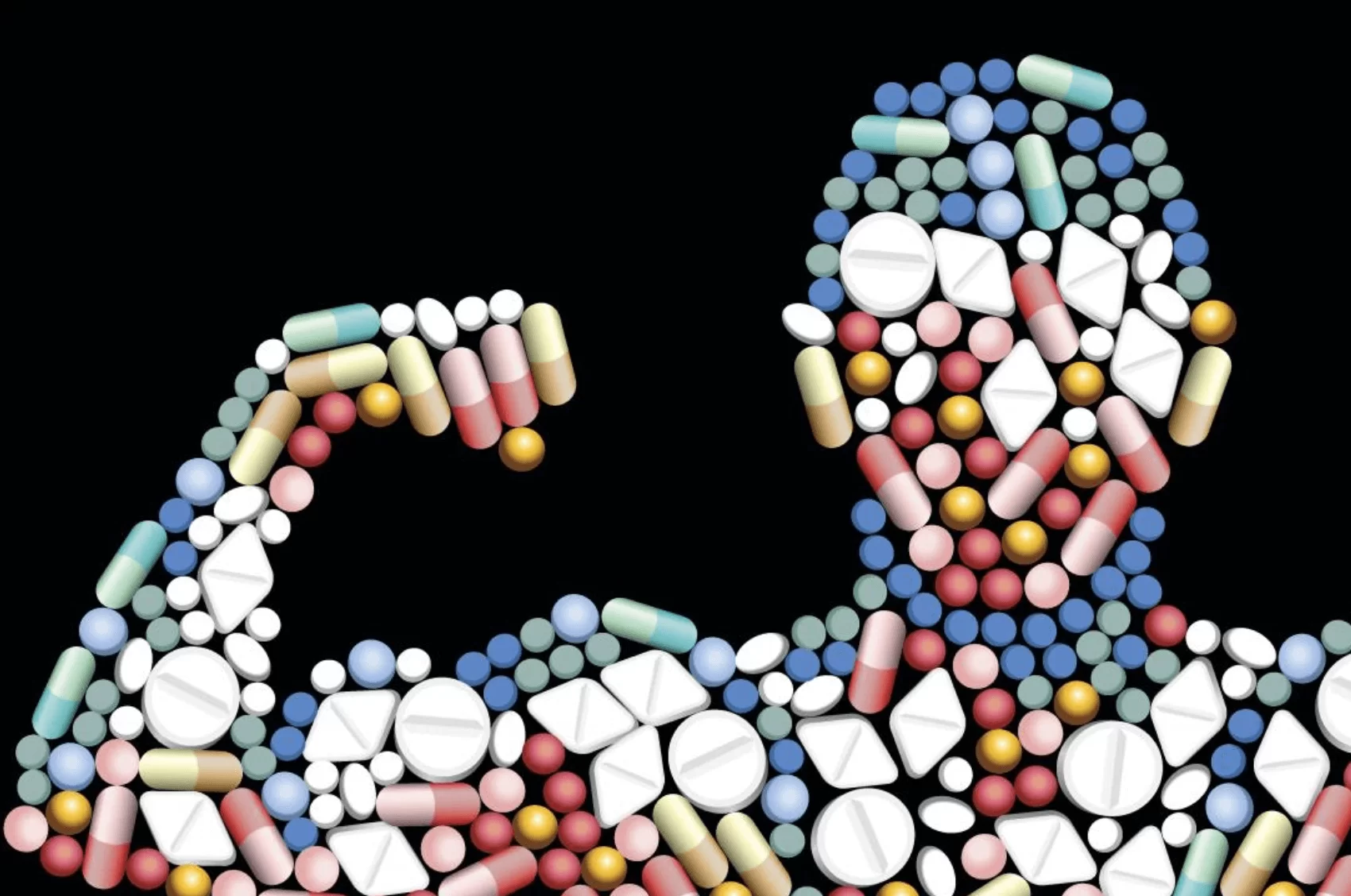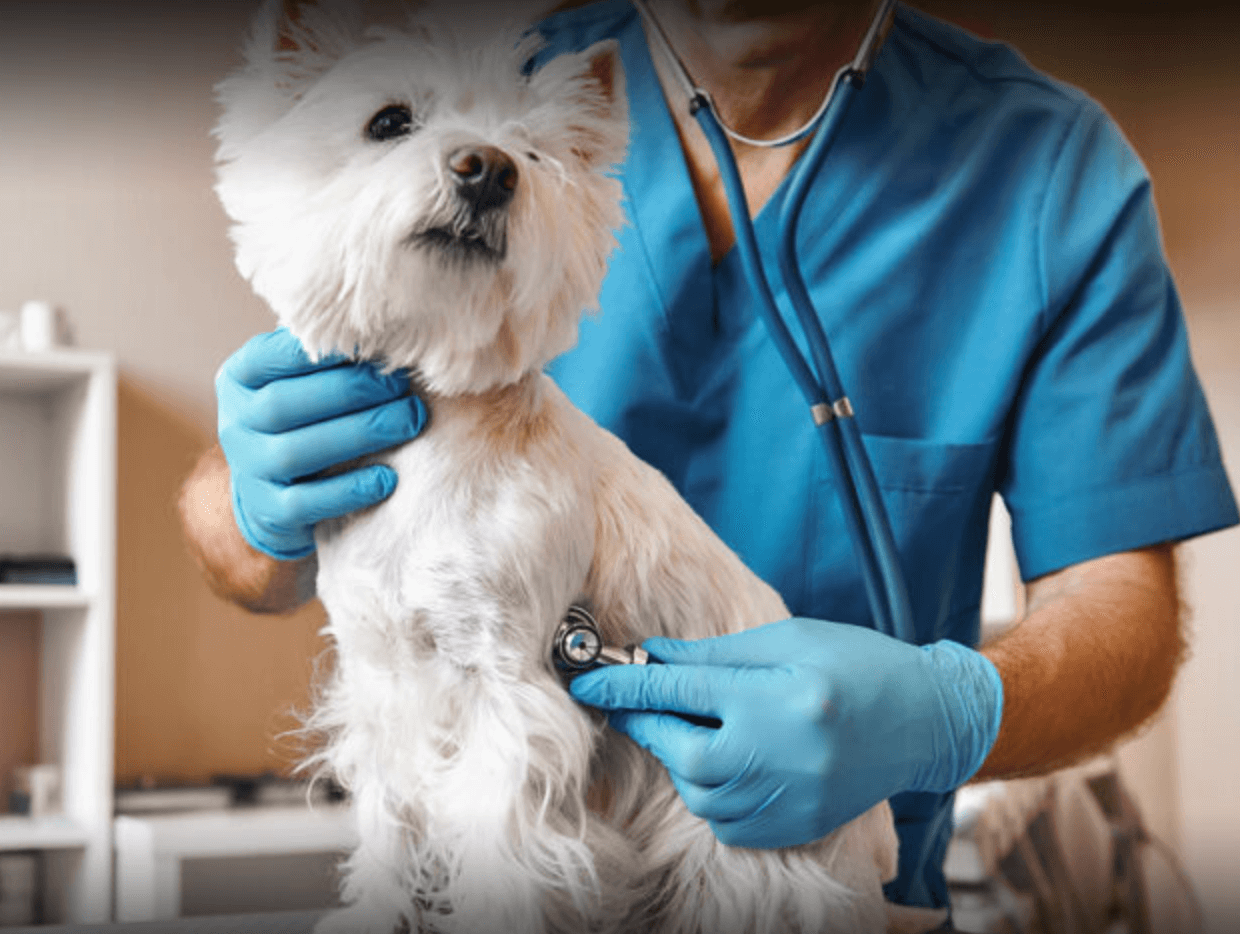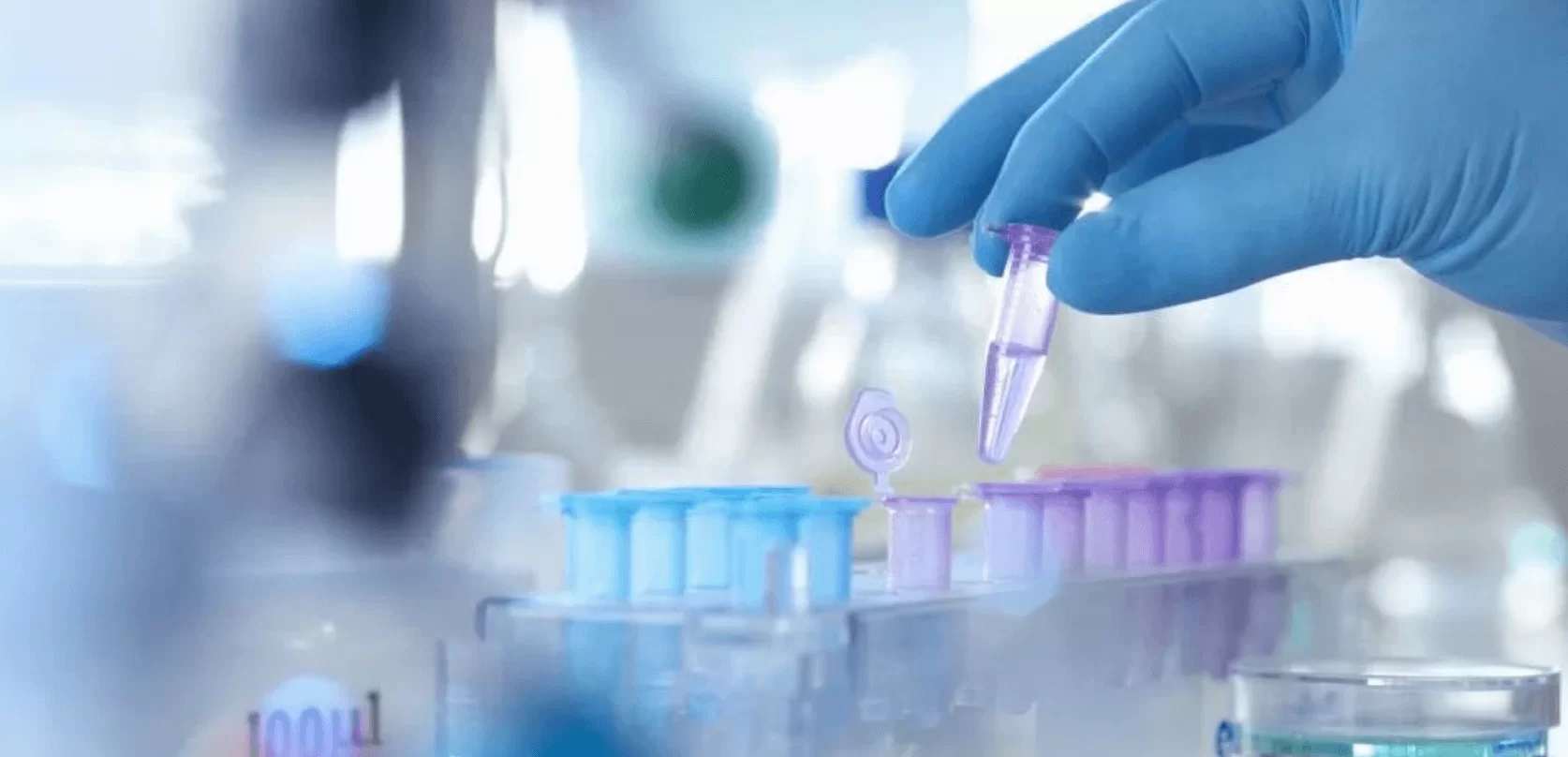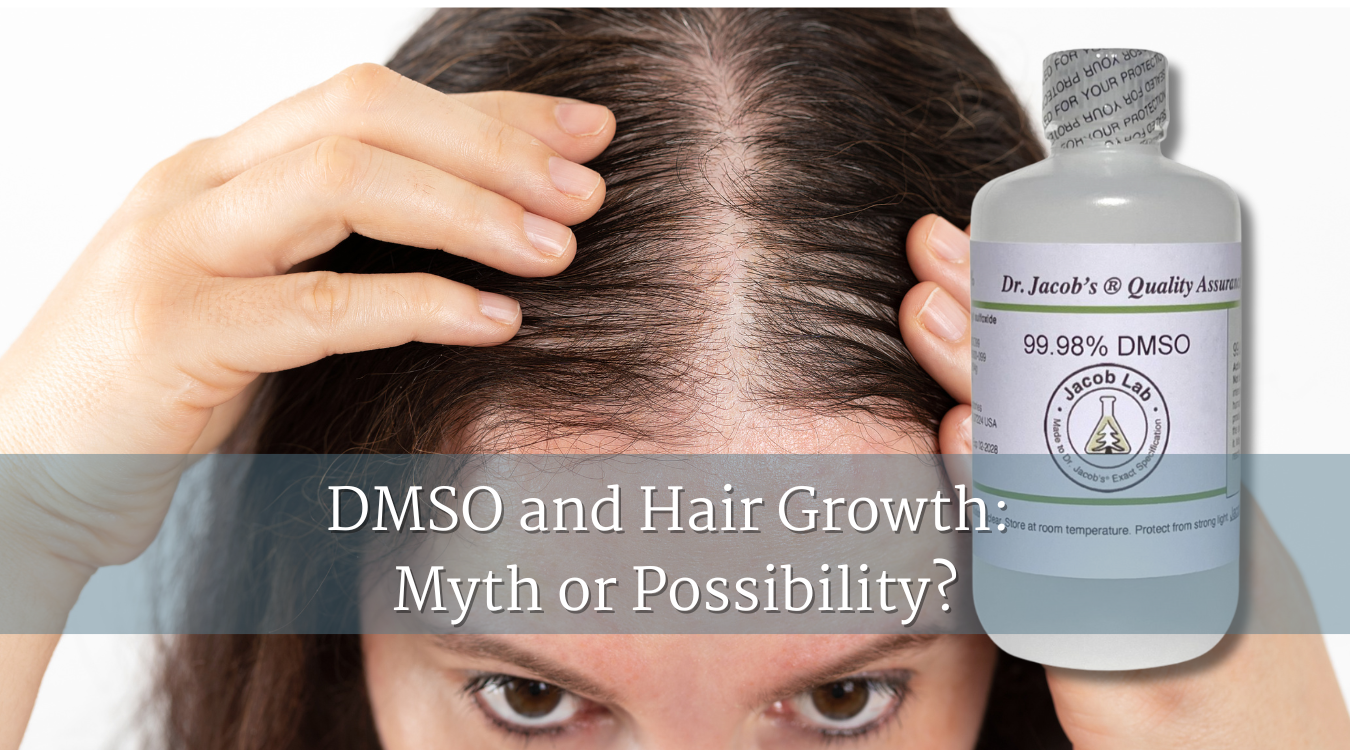
Exploring What Science and Tradition Say
Hair loss is one of the most emotionally challenging changes people face. Whether from genetics, stress, or underlying health conditions, many are searching for natural solutions. Among the more unconventional options, some online discussions raise the question: can DMSO (dimethyl sulfoxide) play a role in hair growth?
What Science Suggests
Dermatologists explain that hair growth depends on healthy follicles, good blood supply, and balanced hormones. Currently, there is no direct clinical evidence that DMSO regrows hair. However, research has shown DMSO’s ability to increase blood flow and act as a carrier for other compounds.
This suggests its potential role is not as a hair-growth agent on its own, but as a delivery system — helping proven substances like minoxidil or certain antioxidants penetrate the scalp more effectively.
Nutritionist’s View
A nutritionist would highlight that hair health begins internally. Deficiencies in protein, iron, zinc, vitamin D, or omega-3 fatty acids can all lead to thinning hair. While topical solutions may help, they can’t override a nutrient-deficient foundation. Supporting collagen production with vitamin C or silica also plays a role in strengthening follicles.
TCM Perspective
From a Traditional Chinese Medicine (TCM) lens, hair is considered the “flower of the blood” and closely linked to kidney and liver health. Weakness in these systems is thought to manifest as hair loss or early greying. TCM would see DMSO as less relevant than lifestyle, herbs, and acupuncture for restoring balance — though it may conceptually help by improving circulation to the scalp.
How People Experiment
Anecdotally, some people mix DMSO with:
-
Aloe vera gel for scalp massage.
-
Antioxidants like vitamin C solutions.
-
Hair-growth tonics such as rosemary oil (though this carries safety risks).
But again, dermatologists warn: anything carried in by DMSO also enters the bloodstream, which raises concerns about toxicity from essential oils or chemicals not designed for systemic exposure.
Safety Considerations
-
Only use pharmaceutical-grade DMSO.
-
Never mix with unknown or perfumed hair products.
-
Avoid strong essential oils that could irritate the scalp.
-
Pregnant and breastfeeding women should not experiment with DMSO on the scalp.
❓ FAQ Wrap-Up
Q: Can DMSO regrow hair on its own?
A: No clinical evidence supports DMSO as a direct hair-growth agent. Its role, if any, is as a carrier for other compounds.
Q: Is it safe to mix DMSO with rosemary or peppermint oil for hair?
A: Dermatologists warn this is risky. These oils may be safe in shampoos, but DMSO drives them straight into the bloodstream, which may cause harm.
Q: Can DMSO boost blood flow to hair follicles?
A: Yes, studies show DMSO increases blood circulation in tissues. Whether this meaningfully stimulates hair follicles is still unknown.
Q: What is the safest way to support hair growth?
A: Balanced nutrition, stress management, gentle scalp care, and clinically tested treatments like minoxidil remain the safest approaches.
The Bigger Picture
DMSO alone is not a proven solution for hair growth. At best, it may act as an enhancer for other therapies, but its safety profile on the scalp is uncertain. The strongest results still come from combining internal support (nutrition and lifestyle) with dermatologist-approved treatments.
Where to Learn More
-
Related: DMSO and Aloe Vera
-
Foundation: What is DMSO and How Does It Work?




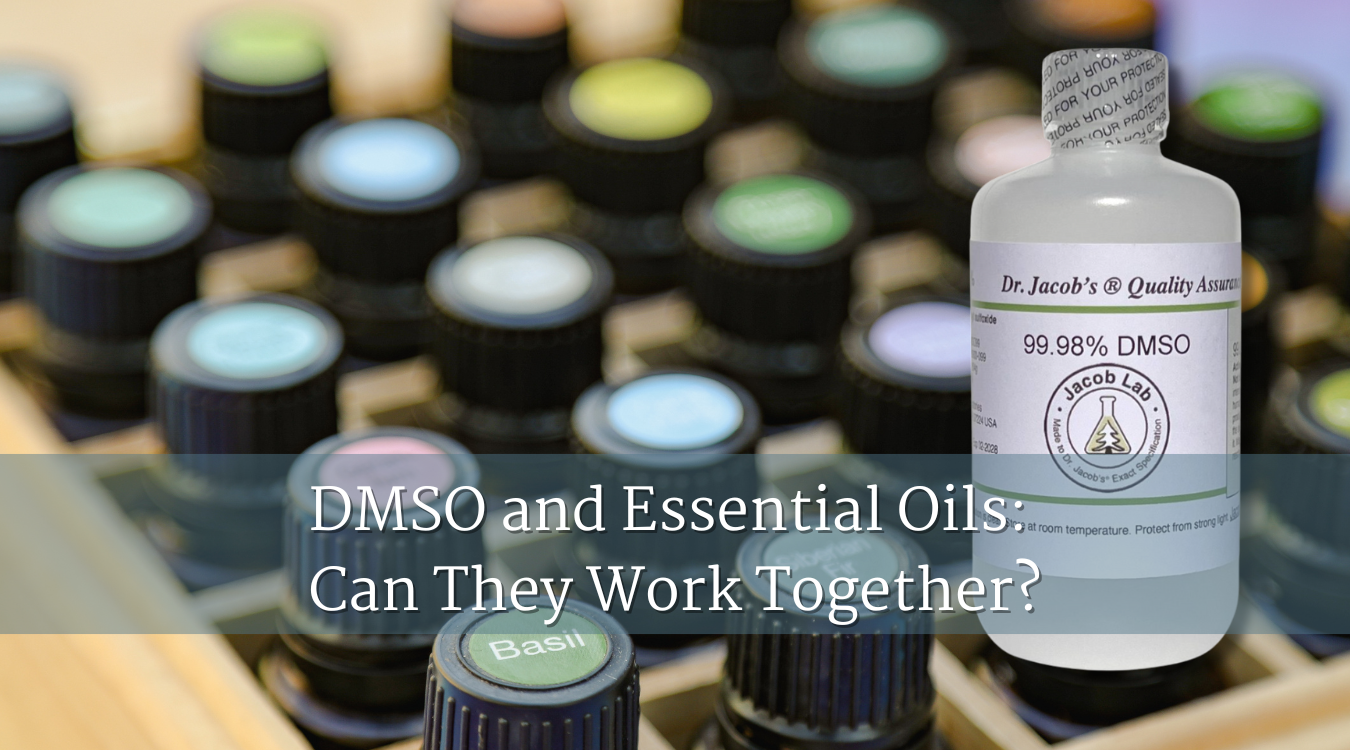 DMSO and Essential Oils: Can They Work Together?
DMSO and Essential Oils: Can They Work Together?
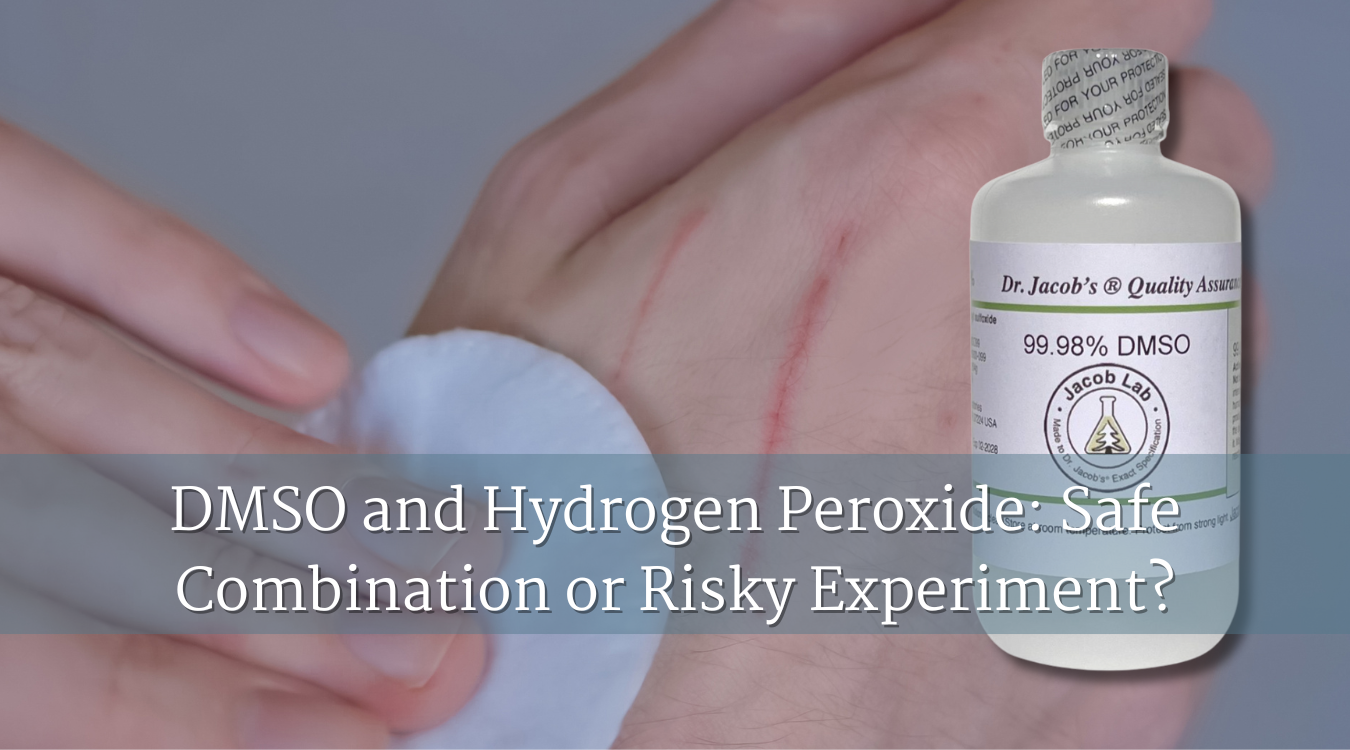 DMSO and Hydrogen Peroxide: Safe Combination or Risky Experiment?
DMSO and Hydrogen Peroxide: Safe Combination or Risky Experiment?











